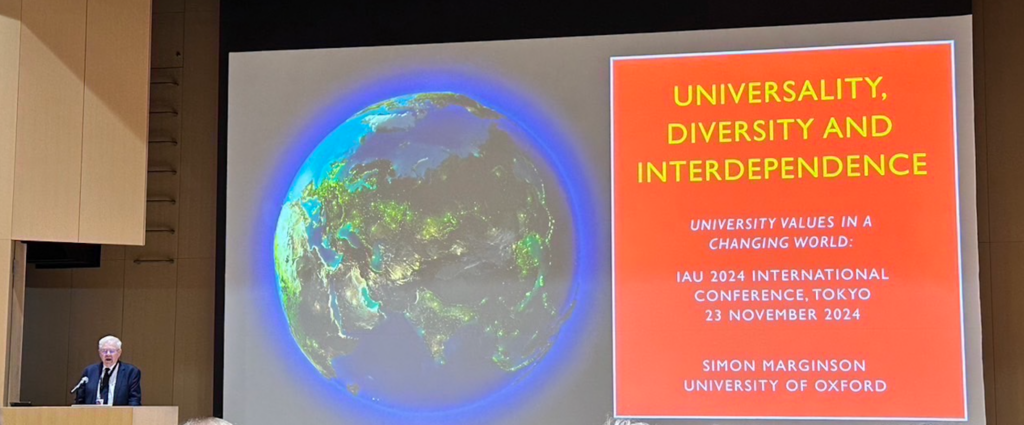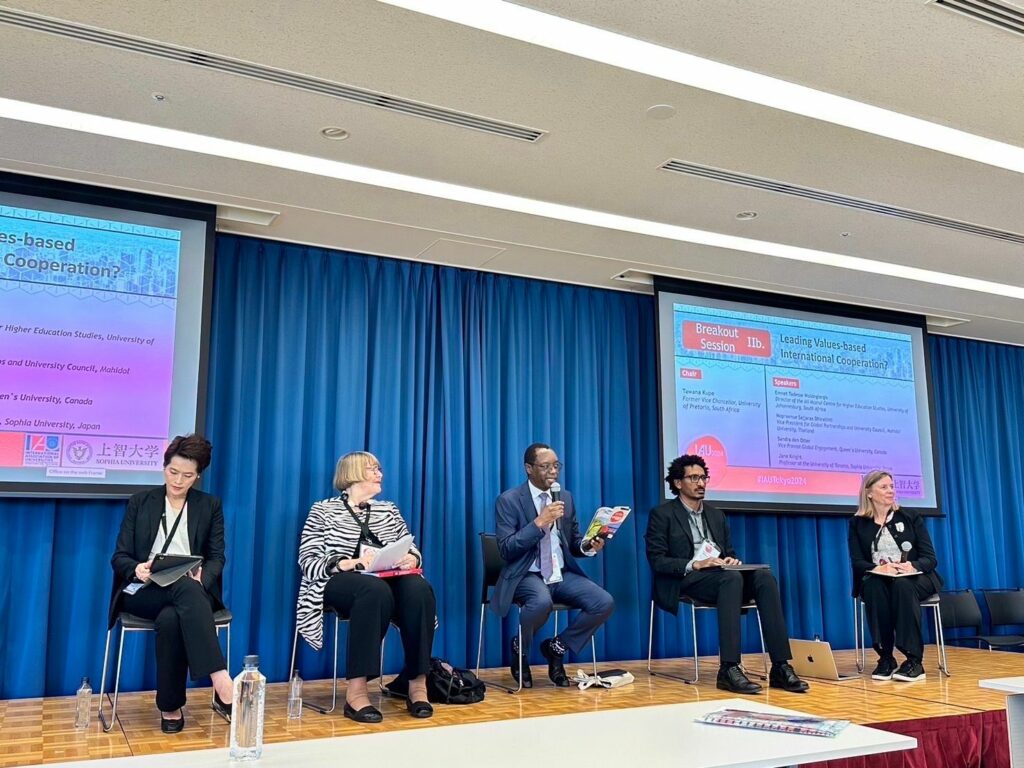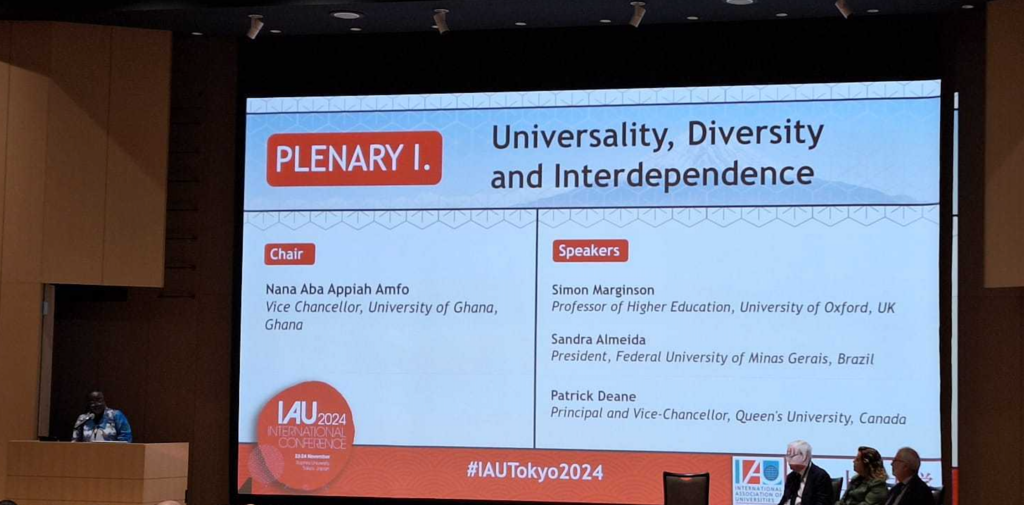Call to Reform University Ranking, Assessment, and Scientific Publishing Systems - IAU 2024 International Conference
To ensure progress toward a new era of open science while preserving the quality of the scientific process, the university ranking, assessment, and the scientific publishing systems must be urgently reformed.

The established bibliometrics and university rankings, derived from the publishing process, are statistically flawed. The current assessment systems distort institutional strategies and incentivize quantity over quality in research and do not reward various forms of scientific contributions to open science. Limitations of the current publishing process and escalating subscription prices restrict access to critical knowledge, disproportionately affecting researchers in low- and middle-income countries. Few publishers do enforce processes designed to maximise scientific integrity as a condition for publication and fulfil the fundamental scientific requirements to ensure that evidence supporting research claims is accessible for reproduction. Explosion of low-value publications diminishes scientific integrity, productivity, university priorities, and credibility.
The publishers have, increasingly, transformed scholarly dissemination into a commercial enterprise prioritising profit over access, creating barriers for researchers, particularly those from under-resourced institutions or regions, to fully engage with the global scientific output. The public sector which funds the work, the scientists who undertake the work, and the universities in which the work is done do not benefit from this dynamic.
The publishers have started to monetize copyrights acquired from researchers by turning scientific outputs into training sets for the machine learning algorithms leveraged for commercial artificial intelligence (AI) models and applications. The rise of these immensely powerful general-purpose technologies, including generative AI technologies offers major opportunities but also introduces challenges to the all three pillars of university. On one hand, these systems can be used to support many tasks essential to scientific integrity, to deduce complex relationships in many areas of scientific concern, and to summarise broad fields of scientific understanding in ways that support openness to society. On the other hand, the ascent AI models already attempt to appropriate segments of the global knowledge stream. Growing influence of private interests over key areas of the scientific enterprise, highlights the critical role of universities in safeguarding public ownership of scientific knowledge and output, and ensuring the perpetual availability of open access to all knowledge.

This profit-driven shift has erected significant barriers to accessing knowledge, particularly for researchers in under-resourced institutions and regions, thereby excluding them from fully engaging with the global scientific community. Broader interests of open science are not catered to as major part of the record of science is held as a private resource by commercial publishers. It is not accessible to those who are best placed to advance knowledge as a public good.
To address these challenges, a governance structure is needed to reinforce minimum standards, oversee publishing practices, and ensure that the global knowledge stream supports the collective interests of science and society, rewarding the scientific contributions beyond the mere count of published articles in paid journals. A source-agnostic indexing system, possibly AI-driven, should be established to aid in discovering high-quality research while eliminating biases and outlawing predatory journals. These reforms are needed to align the publishing, ranking and assessment systems with the principles of open science, fostering equitable access, reproducibility, and credibility in the pursuit of knowledge.

Collectively addressing problematic issues, university leaders should actively seek ways of stimulating deep collaborations in order to address matters of global concern, and lobby for research funding that will support such activity through:
- Collaborating with key stakeholders, including funders and international representative bodies of science on the reform of scientific publishing.
- Reviewing and reforming the means whereby academics are assessed, and universities ranked.
- Supporting more diverse evaluations of merit to enable scholars in making their contribution to open science and driving a career that benefits both the individual, universities and the common good.
- Establishing a “horizon scanning group” to identify best practice on Al issues and scan for developments which could undermine the public good of universities.
- Controlling the university researchers’ handover of copyright to publishers to avoid inappropriate privatisation of knowledge to the detriment of the public good
- Preventing the use of published works in training sets for Al technologies without referencing the original authors and institutions.
The universities’ voice must be heard and they must commit themselves to action in this new era of open science addressing the issues that lie at the core of their commitment: open evidence, open data, openness to society, and open access publishing.
—
The International Association of Universities (IAU) has presented a report on open science at the IAU 2204 International Conference in Tokyo, Japan.